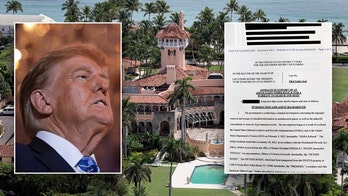Both parties will battle to shape public views of the health legislation, looking to gain an edge ahead of the 2010 elections.
Democrats are energized by the likely achievement of a century-old goal. But they also fear consequences for pushing a divisive bill while the economy is struggling. In a recent Wall Street Journal/NBC News poll, 41% of voters thought it was better to pass the bill and 44% preferred leaving the U.S. health-care system alone.
Democrats hope for a boost next year with broadcasts of a historic floor vote during final passage, a White House signing ceremony and President Barack Obama's State of the Union address.
But criticism of the bill has taken a toll on Mr. Obama and his party. "I guarantee you, the people who voted for this bill are going to get an earful when they finally get home," said Minority Leader Mitch McConnell (R., Ky.) just before the Senate's Christmas Eve vote.
Democrats will highlight the bill's expansion of coverage to 31 million more Americans, as well as relief from such insurance company practices as the denial of coverage for pre-existing conditions.
"It is very hard to merchandise health care until you have a bill," House Speaker Nancy Pelosi (D., Calif.) told reporters recently. "But when we have a bill and the discussion is...about what is in the bill for people, why this is important to them, then I think that changes."
Republicans are confronting the bill's likely passage and plan to press ahead with their message: the overhaul's high cost and the government's overreach into health care. They are planning to target lawmakers who voted for it.
"It will be one of the key issues in the 2010 and 2012 elections," said Sen. John Cornyn (R., Texas), who coordinates the Republican Senate campaigns.




